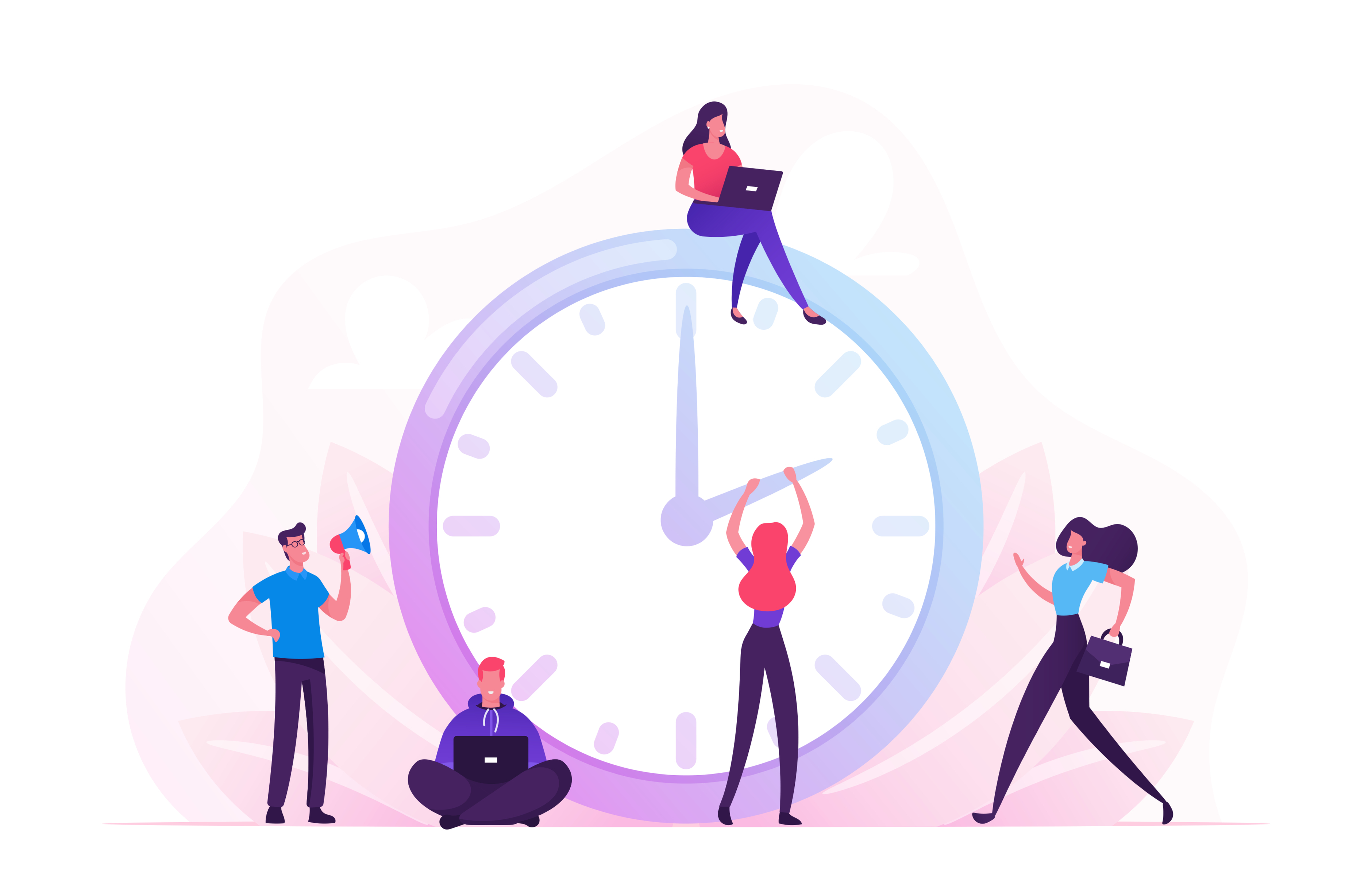Does downtime make you feel guilty?
For many people, planning to relax, or take a break doesn’t come easy. They unconsciously prefer to have a super pack schedule. Productivity is their number one priority — and doing nothing produces anxiety.
The pressure to be hyper-productive is real — people are working longer hours, constantly checking their inboxes, constantly focused on getting more done. Unrelenting drive is becoming more common than ever — but it’s not without serious trade-offs.
“The more you’re aware of where your drive is coming from, where you’re pointing it, and what you’re giving up as a result to pursue it, the better off you’ll be,” argues Brad Stulberg, a performance coach and the author of Peak Performance.
The more you do, the better things will get, right? Not necessarily.
Striving for ever-more efficiency without making time for downtime isn’t the answer to getting better work done. Working for long-stretches without breaks can lead to stress and exhaustion.
Sometimes sitting still is the most productive thing you can do. Don’t underestimate the power of relaxation. Don’t overwhelm yourself with tasks and projects every week if you can.
“Time management doesn’t mean packing your day like a moving van, ensuring every single square inch (or minute) of space is full. If you actually had more time, you’d just stuff it with more of the same: more appointments, more projects and more paperwork,” says productivity expert and author SuperCompetent: The Six Keys to Perform at Your Productive Best of Laura Stack.
Pursuing super productivity or working long hours and neglecting the rest of life isn’t always the best idea. Sometimes it’s good to get less quality work done, to relax, to breathe and start over.
Activity doesn’t always equal productivity. Aiming to work all the time is just about the least productive thing you can possibly do. In the end, your output suffers. And you can put your health at risk too.
Productivity is about values, quality work, and how much time and energy you want to devote to high-value tasks. “Productivity means maximizing your capacity for important work, not injecting more and more busyness,” argues Scott Young, author of Ultralearning.
What else is productivity?
Meaningful conversations with friends and family, long walks to think, exercise, reading great books, quality sleep, a vacation from work (no matter how short), time for passion projects, and a break from all the screens every now and then. Approach work with a bigger perspective and make time for other activities that truly matter to you.
Research tells us to sleep, rest, exercise, and eat healthy because they make us more productive. Continuous productivity is our ideal world. But we rarely stop to think, reset and start with a fresh mind.
The authors of a recent study said, “In our fast-paced society, there is always something keeping us perpetually in “go” mode. This constant state of activity may be playing a major role in the mental health and sleep problems within our country, with leading indicators of depression and suicide increasing in adults and youth in the United States.”
It pays to prioritise downtime. Productivity doesn’t have to be a race to finish. Many people operate in reactive mode — they are always reacting to life and all that happens in it. The most productive people are proactive — they manage tasks and events rather than just responding to them after they have happened. They schedule things instead of just trying to get to everything that needs their attention.
Thorin Klosowski of Lifehacker explains, “Many of us have equated productivity with doing more, but it shouldn’t be. It should be about doing the right amount of work in less time so we have the time for all the nothing we want to do. Don’t turn that nothing into a place to be productive.”
To be more productive, and intentional, view time management as task management. This mindset can you realize that “some tasks can wait,” — not everything is urgent.
When you do work, get excited, enjoy the process, pour yourself into it, work on important, high-impact tasks … and then learn to relax, refresh, and replenish your energy. Sometimes it’s more important to recognize how you channel your energy than to be “on” all the time.
Originally published on Medium.
Follow us here and subscribe here for all the latest news on how you can keep Thriving.
Stay up to date or catch-up on all our podcasts with Arianna Huffington here.


